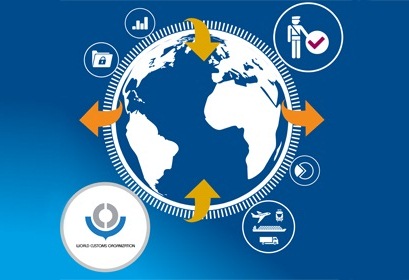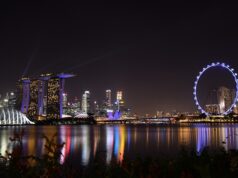The World Customs Organization (WCO) has unveiled “A Secure Business Environment for Economic Development” as its slogan in 2018, introduced formally on January 26 to mark World Customs Day.
Under this banner, WCO encourages its members to look at how they can create an environment for businesses that will foster their participation in cross-border trade, and, ultimately, how they can best serve the people and empower entrepreneurs, said Kunio Mikuriya, WCO secretary general.
“By ‘secure,’ we mean an environment that is enabling, safe, fair and sustainable, all wrapped into one,” said Mikuriya.
He continued: “Such an environment will help businesses, especially micro, small and medium-sized enterprises (MSMEs), to expand their activities and create incentives for them to participate more fully in international trade, as well as encourage them to innovate, generate employment and invest in human resources, thereby boosting economic growth and raising living standards.”
Mikuriya said the idea of a “secure” business environment is closely intertwined with its key elements of “enabling,” “safe,” and “fair and sustainable.”
Customs, he added, can make the business environment more “enabling,” or more stable and predictable, by streamlining procedures, tackling corruption, enhancing integrity, and facilitating the cross-border movement of goods, conveyances, and people in general.
“Ensuring safety” is about combating cross-border crime, including the illicit funding of international terrorism through trade activities, in order for customs to provide a secure supply chain where legitimate businesses can prosper.
Customs must also strive to build an environment that is “fair and sustainable,” said the WCO executive. The importation of illegal goods, such as goods that infringe intellectual property rights (IPR), or legal goods which, for example, are smuggled into a country to avoid the payment of duty or whose value has been misreported, can do immense harm to a country’s economy.
“It is not only a question of financial losses for both legitimate traders and governments, such activities can also affect governance, the economy, development and human security across the globe,” said Mikuriya.
WCO added that many WCO tools, instruments, and initiatives can readily assist customs administrations in building the ideal environment for international trade to flourish and grow, thereby enhancing economic development and contributing to enhanced security and trade facilitation.
Such instruments and initiatives include the revised WCO International Convention on the Simplification and Harmonization of Customs Procedures, and the WCO SAFE Framework of Standards to Secure and Facilitate Global Trade or the WCO Security Programme.
The latter aims to address border security-related challenges by helping countries with passenger controls, the fight against chemicals that could be used to make improvised explosive devices, strategic trade controls, the fight against trafficking in small arms and light weapons, and terrorist financing.
This year’s theme also echoes the current customs focus on trade facilitation, created by the entry into force of the World Trade Organization’s Trade Facilitation Agreement as well as the adoption of the 2030 Agenda for Sustainable Development, said Mikuriya.
Moreover, it supports efforts to unleash the potential of women in business, or female entrepreneurs, as a means to enhance enterprise development, create more employment, and alleviate poverty.
Photo courtesy of WCO









